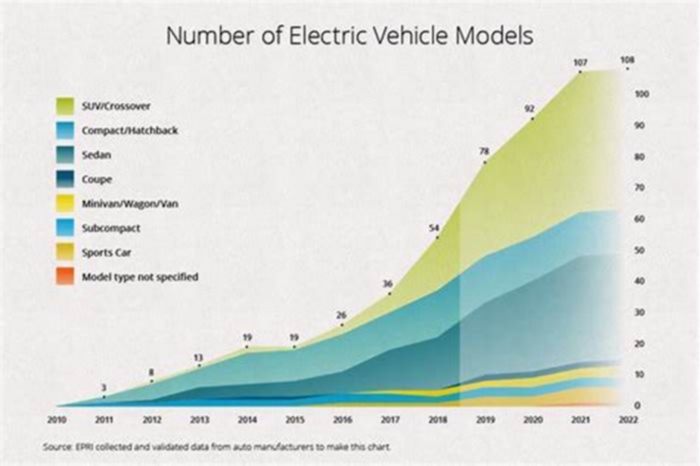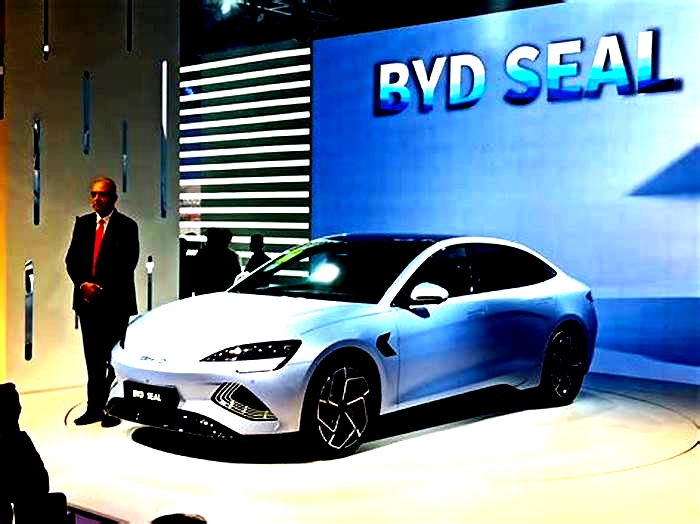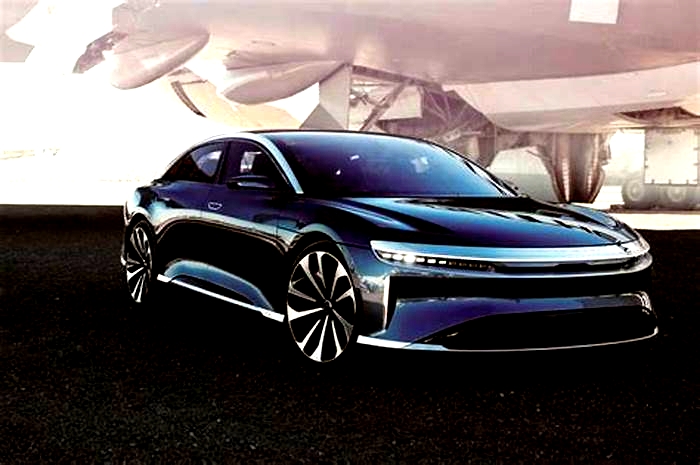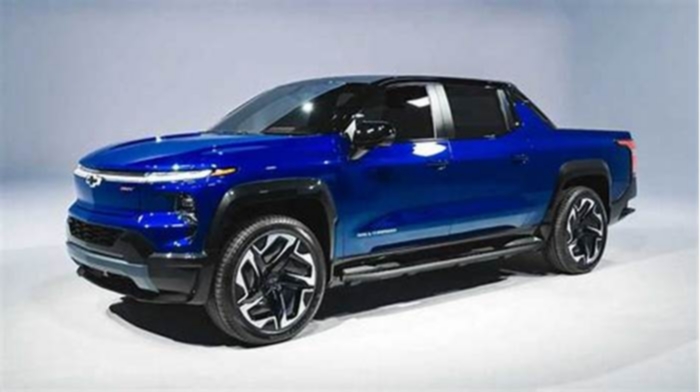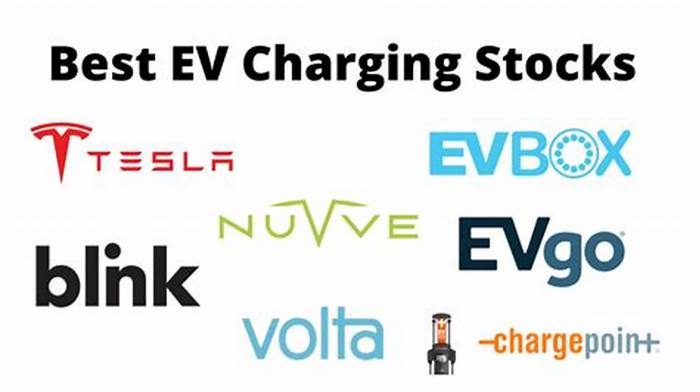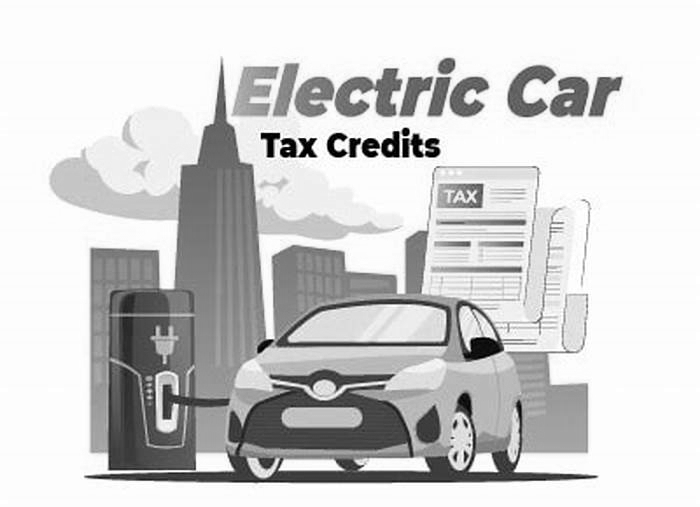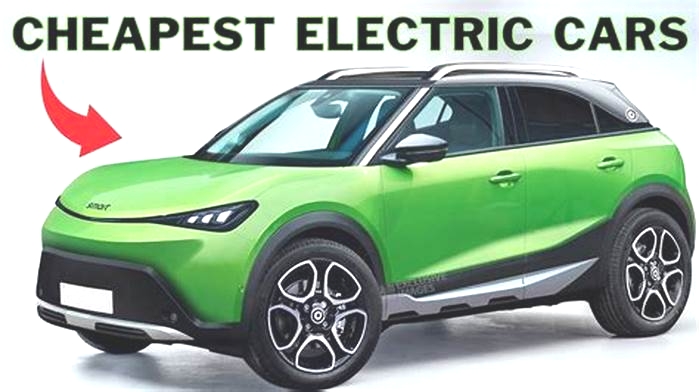Will EV prices go down in 2024
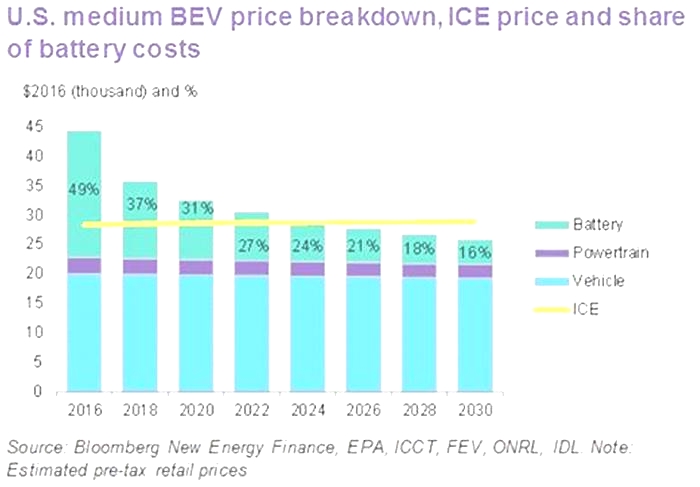
BNN
News of electric vehicle pricing cuts and ramped up production efforts have raised hopes that the sticker price could soon be within the budget of the average Canadian driver.
Experts told BNNBloomberg.ca that it may be close to a decade before we see price parity between electric and traditional combustion-engine cars, but the landscape for EVs is changing quickly, with government incentives and increased manufacturing likely to help push down consumer costs.
Rachel Doran, director of policy and strategy at think-tank Clean Energy Canada, said she sees conditions coming together for EV prices to start dropping.
We see these different factors of public policy, the ramp-up in investments in the battery supply chain, automakers really competing for customers, that are all going to intersect to keep bringing those topline numbers down for the purchase of EVs, Doran said.
HOW MUCH DOES AN EV COST IN CANADA NOW?
Electric vehicle prices range from $40,000 to $189,000 in Canada, according to data compiled by the Canadian Automobile Association. Most fall between $50,000 and $90,000.
Those price tags dont include up to $5,000 in federal incentives for electric and hybrid vehicle purchases, or other rebates and savings that vary by province and territory.
MORE COMPETITION
More car manufacturers are jumping into EV production and competing for customers. Doran said that is a good sign that EV sticker prices will start coming down and some already have.
Until now, there just really hasn't been that much competition in the market, so I think it's exciting, she said in a telephone interview.
That's really going to have an impact on what kinds of EVs will be available to Canadians and the kinds of price points they'll be available at.
Robert Karwel, senior manager, power information network Canada at J.D. Power & Associates, said he anticipates vehicle prices will drop slightly overall this year, but he sees the EV pricing situation as complicated.
The price gap between EVs and combustion engine cars has only ever increased in Canada, he said, and while prices are dropping for luxury EV models, the opposite is true in the mainstream vehicle market. Thats because manufacturers are coming out with new models, but those cars are more expensive than the compact hatchbacks like the Nissan Leaf that was one of the first on the market for average consumers.
'PRICE WAR?'
Price cuts by Tesla earlier this year, followed by similar moves by other manufacturers, have sparked media speculation about an EV price war. Tesla raised its prices on some models this week, but a recent report from Reuters said the company is preparing to sell a cheaper, Chinese-made version of its Model Y in Canada sometime this year.
Karwel noted that Tesla price cuts so far havent done much to affect the overall price gap between electric cars and combustion engines because they were already so much more expensive to begin with, but he still expects EV prices to start coming own as manufacturers scale up production and enter the market.
There's going to be some pricing relief of these vehicles in general, but it's still going to take a while before we see that, he said.
He noted, however, that some car companies already have price gaps lower than $10,000 between their electric and equivalent traditional models, before factoring in the government rebates that could bring costs even lower.
ECONOMIC CONDITIONS AND PUBLIC POLICY
Federal incentives like rebates and sales targets play a role in helping drive down prices, Doran said, because they essentially force manufacturers hands to start selling more affordable options.
The federal government offers between $2,500 and $5,000 for the purchase of an electric vehicle, and provinces have other offerings that can be stacked onto that.
Canada has also set a goal for sales targets that would require 20 per cent of new vehicles sold in Canada to be zero emissions by 2026, increasing incrementally up to 100 per cent by 2035.
Policies in the United States, such as the green tech-friendly Inflation Reduction Act and new proposed tailpipe regulations for vehicles, can also serve to help push down prices in economically linked Canada, Doran said.
Other economic conditions play a role in customers decisions about their car purchases, Karwel noted. For example, high interest rates could mean hefty extra costs on an already expensive EV purchase.
PRICE PARITY
Both experts agreed that the timeline to price parity between combustion and electric vehicles is unclear.
Karwel said he doesnt see it happening before the next decade, and he considers price parity as a moving target, as many manufacturers are still making profits from gas-powered vehicles.
Doran said despite the market complexities, she would be very surprised if it took a decade for Canada to start seeing automakers be able to really put some things in the market in the window that are very cost competitive to traditional (internal combustion engine) vehicles.
In the meantime, Clean Energy Canada and other EV proponents have made the case that despite a higher sticker cost, electric cars generally save drivers money over time on costs such as gas and maintenance.
Will electric car prices go down in 2024?
The price of an electric car, especially a new one, is often quoted as being one of the major barriers to the mass-adoption of battery-powered motoring. In general, its true that electric cars are more expensive than their combustion-engined equivalents just try comparing the price of a basic petrol-powered Vauxhall Corsa (19,275) with the cheapest electric Corsa (32,445).
Vauxhall, along with other electric vehicle makers, is keen to point out that potential buyers should pay more attention to whats called the total cost of ownership that includes things such as fuel, depreciation (the amount of value the car loses over time), servicing costs, insurance and tax.
Once those additional costs are factored in, over several years (the exact length of time will vary depending on the vehicle and cost of charging at home, for example) the electric vehicle will cost you less, studies have shown.
However, upfront cost is still a major stumbling block for many. So will the cost of electric vehicles drop next year, and will price parity with petrol ever happen?
Tesla and the Chinese car makers
The prices of new electric cars are starting to reduce, and much of that is because of China.
This isnt to say that Chinese car makers are turning out cheaper EVs, although that is part of the equation, but theres also the effect that operating in the Chinese car market is having on European, Japanese, Korean and American brands.
The most obvious example of this is Tesla. Having seen demand in the Chinese market for its cars start to wane largely because of cheaper local competition Tesla decided to start cutting the prices of its new models.
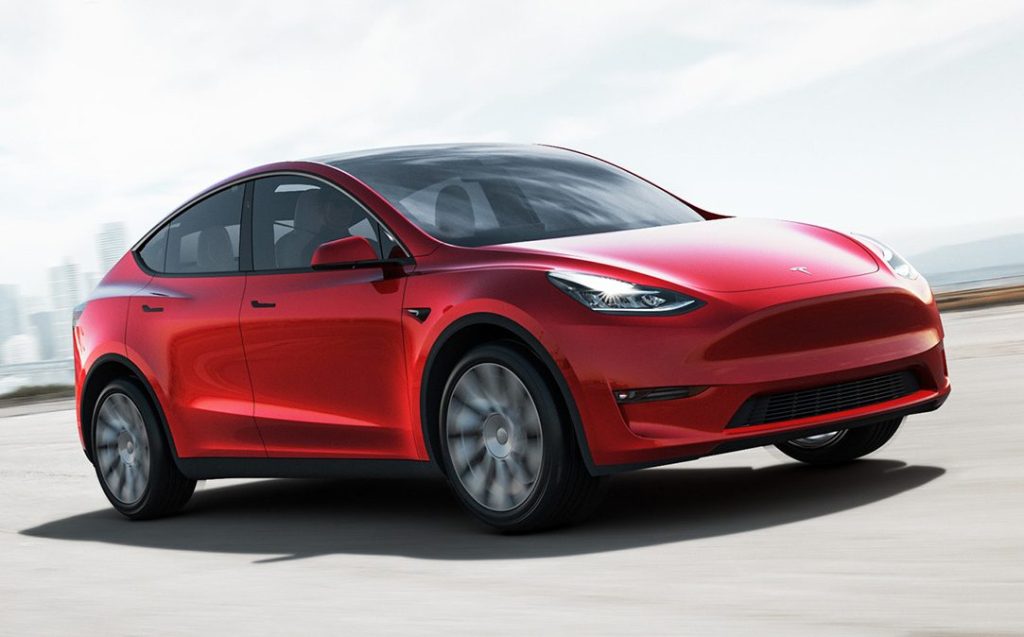
In some cases those cuts were quite dramatic, with 5,500 being lopped off the price of a Model 3 saloon last March, while the Model Y crossover saw its price fall by as much as 7,000.
Those price cuts were aimed at the Chinese market but benefitted new car buyers across the world, as Tesla decided to roll out the revised prices for all countries.
Doing so paid off for Tesla and propelled the Model Y to become the best-selling car on the globe in 2023, and the sixth-best-selling car in the UK as well as the UKs best-selling EV.
That Tesla price cut forced the hands of others, including Ford; it cut the price of its pure-electric Mustang Mach-E by 7,700.
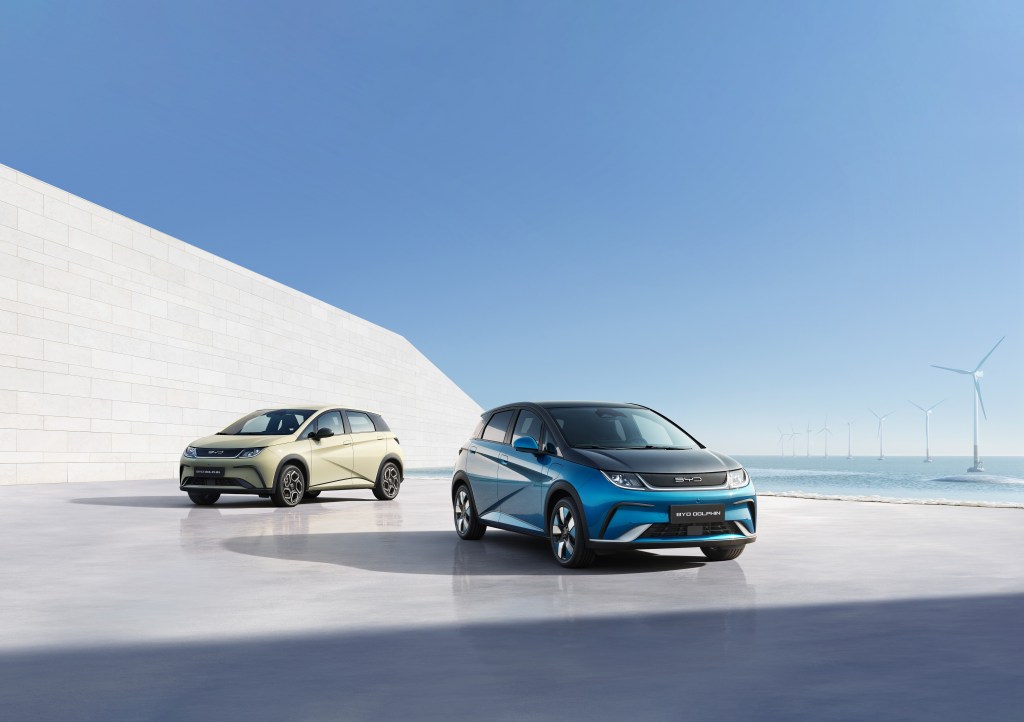
In the meantime, the Chinese car makers are starting to push down the entry-level prices of their electric models to more palatable levels. The likes of the MG 4, already a successful car in the UK, costs from 26,995 while the newly-arrived BYD Dolphin is even more affordable, costing 25,490 for the cheapest model.
Other carmakers following suit
Headline prices for basic models will fall even further as we head through 2024. Citron has already previewed the new e-C3, and while that small crossover wont go on sale until the back end of 2024, it should have a starting price of around 23,000 when it does arrive, with a fairly useable range of 200 miles.
Volkswagens imminent ID.2 should also have a starting price of under 25,000 when it goes on sale, and its expected to be joined by an even more affordable model costing as little as 17,000.
It is reportedly working with Renault to co-produce that car with the new electric Twingo. However, neither of those cars will go on sale until at least 2025.
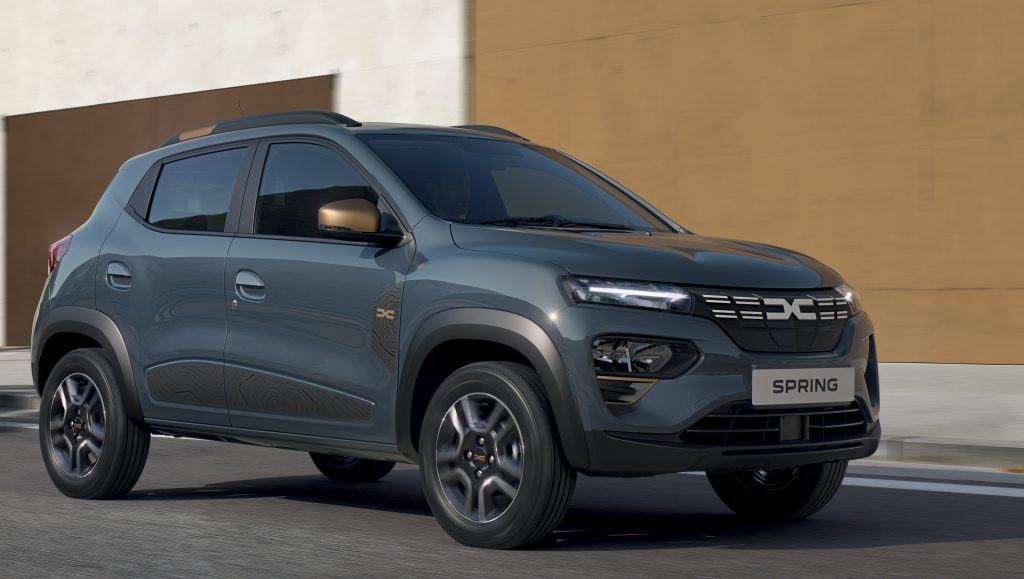
If you cant wait that long, dont worry Dacia is set to launch its Spring electric car in the UK in the summer of 2024, and its price is likely to be just 18,000.
For that youll get a range of only 143 miles (and a less than stellar safety rating) but Dacia boss Denis Le Vot told us earlier this year that he would happily cut the battery in half because data shows most Spring owners in Europe only cover about 50km per day.
BYD also has a compact electric hatchback called the Seagull; it hasnt yet been confirmed for the UK, but could cost as little as 10,000 if it were introduced here.
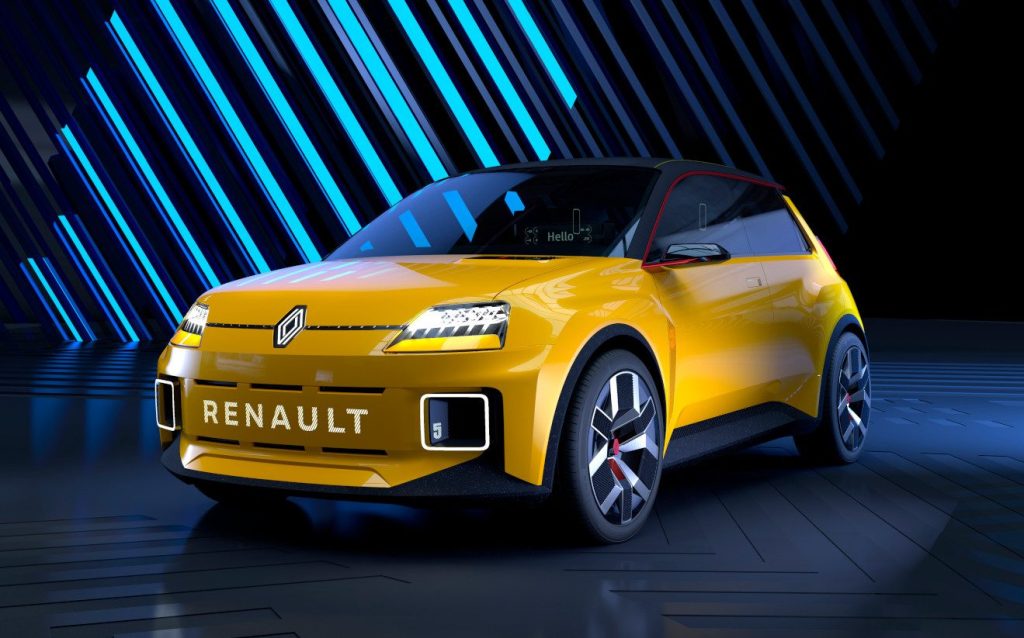
Its also hoped that Renaults new retro-styled 5 electric hatch, set to be launched in 2024, will be an affordable car the French car maker has said that its been designed to cost one third less to build than the Zoe hatchback which it will replace.
Great deals on used EVs
For those looking to buy a used electric car in 2024, the news is broadly good the second-hand values of most electric cars have been tumbling all through 2023.
According to data from Auto Trader, across the board, new electric cars bought in 2022 have lost 21 per cent of their value already, a dramatic drop for one year of depreciation, especially at a time when the values of petrol and diesel models have remained solid.
Such a reduction means that some EVs are actually cheaper to buy used or nearly-new than an equivalent combustion-engined model of a similar age and mileage.
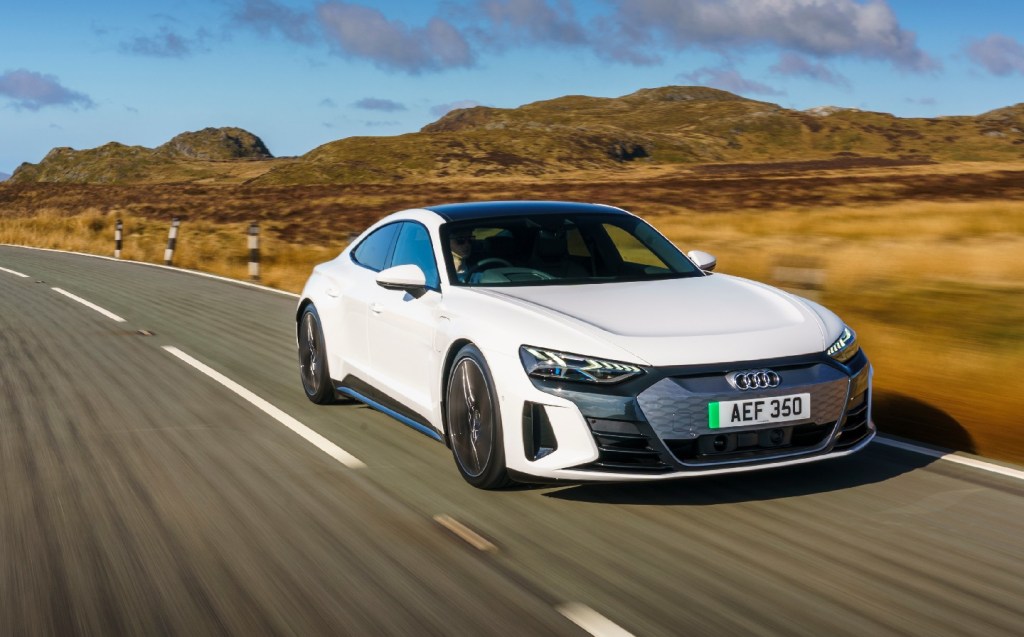
For the dedicated EV buyer, that can mean serious bargains. Big-money models such as the Audi e-tron GT and the Mercedes EQC have lost four-figure sums in their first year of ownership, but even smaller cars such as the Renault Zoe have seen significant falls.
Part of the reason for such big reductions is the expectation of obsolescence buyers of used cars are more cautious with their cash and know that much-improved new EVs are in the offing, so are holding back on an electric purchase for the moment.
Equally, there is currently a gap opening up between the initial burst of early adopter enthusiasm for electric cars and the more sceptical, conservative bulk of buyers who are happy to adopt a wait-and-see attitude, or who simply dont trust electric car tech at all yet (and that means the charging network as much as the cars themselves). There was also a knock-on effect in the second-hand market from Teslas new-car price cuts.
However, if youre looking for a used EV bargain, then the advice is to buy soon as the first signs of the market bottoming out are starting to show.
Richard Walker, Auto Traders data and insight director, said: The continued realignment in used electric pricing is the real stand-out so far in October, with another month of improvement after a year of decline.
For the moment were seeing the stars align for second-hand EVs; greater affordability and rising prices at the pumps is helping to make them a more viable alternative to their internal combustion counterparts which are still increasing in value.
Related articles
Latest articles
The Average Price of an Electric Car Keeps Dropping (2024 Update)
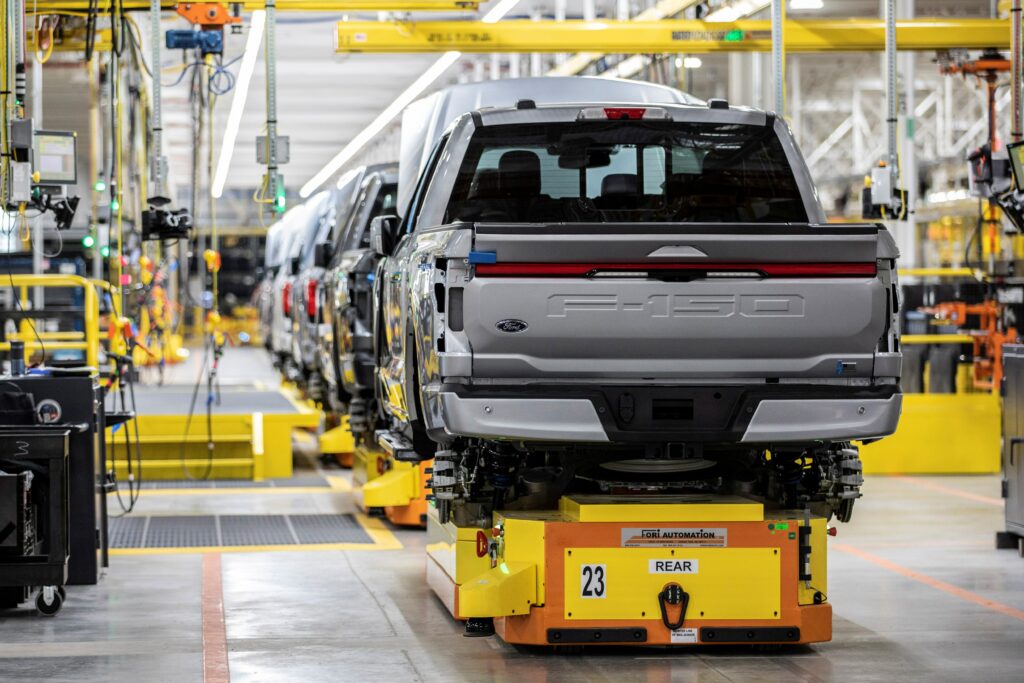
February 2024 Update: The average transaction price for an EV dropped again last month. Check out the details below.
Car buying is the second biggest expense most consumers will ever make, and more drivers are getting squeezed into $1,000/month car payments. With an EV, you can save hundreds of dollars per month in fuel costs, but the upfront cost of getting into an electric car is substantial. Heres the average price of an electric car today, and how much prices have increased over the past three years.
The Average Price of an Electric Car Is 17% Higher
As of the most recent data from January, the average transaction price for a new car (of any powertrain) was $47,401 according to Kelley Blue Book. Thats down 2.6% lower than the month prior. In January 2024, the average new electric car price was $55,353.
As we begin 2024, the average price paid for a new EV is 17% higher than the overall new car market average. In 2023, electric car prices averaged 8% more than the overall market average. In 2022, EV prices averaged more than 15% higher than the overall market.
EV prices appear to have stabilized, and remain a premium segment in most cases. Its also true that overall new car prices are much higher than historical norms, regardless of powertrain.
Over the past year, the average price paid for a new EV has declined by 21%. According to KBB, new EV pricing peaked in June 2022 at $66,997, and has fallen by $11,597 since.
Why Are EV Prices Dropping?

Why are EV prices dropping? Tesla keeps slashing prices, in turn launching an all-out price war with the competition. Remember, Tesla continues to make up 50% of all EV market share in America. $55,000 is not cheap, of course. An abundance of luxury options continues to keep the average price of an electric car well above gas counterparts.
On top of that, Ford and GM have been steadily increasing prices for their electric trucks. E-truck prices are generally expensive (see ALL electric truck prices here). The new Chevrolet Silverado EV is not going to be as affordable as originally claimed. Most electric trucks cost over $70,000 once trim and spec availability is considered.
Although the average EV sells for 17% more than gas-powered models, heres a breakdown of the starting MSRP for the top 10 electric car models on sale right now. As you can see, not all EVs are quite this expensive:
- Tesla Model Y ($47,740)
- Tesla Model 3 ($40,240)
- Ford Mustang Mach-E ($46,995)
- Tesla Model S ($74,990)
- Chevrolet Bolt ($27,495)
- Tesla Model X ($79,990)
- Hyundai IONIQ 5 ($41,450)
- Kia EV6 ($42,600)
- Volkswagen ID.4 ($37,495)
- Ford F-150 Lightning ($49,995)
The average starting price for the top 10 best-selling electric cars in America is $48,899, which is 10% lower than six months prior.
EV Price Trends
In January 2020, the average electric car price was $54,668, or 42% higher than the overall market average. In 2023, the average cost of a new EV was $53,376 or about 10% higher than the overall new car market. Thats a lot better than where the EV marker was in early 2022, when EV prices averaged north of $65,000. Heres how the average cost of an electric car has changed monthly from January 2020 to 2024.
We track EV market share monthly. Heres where things stand today.
When Will Electric Car Prices Go Down?
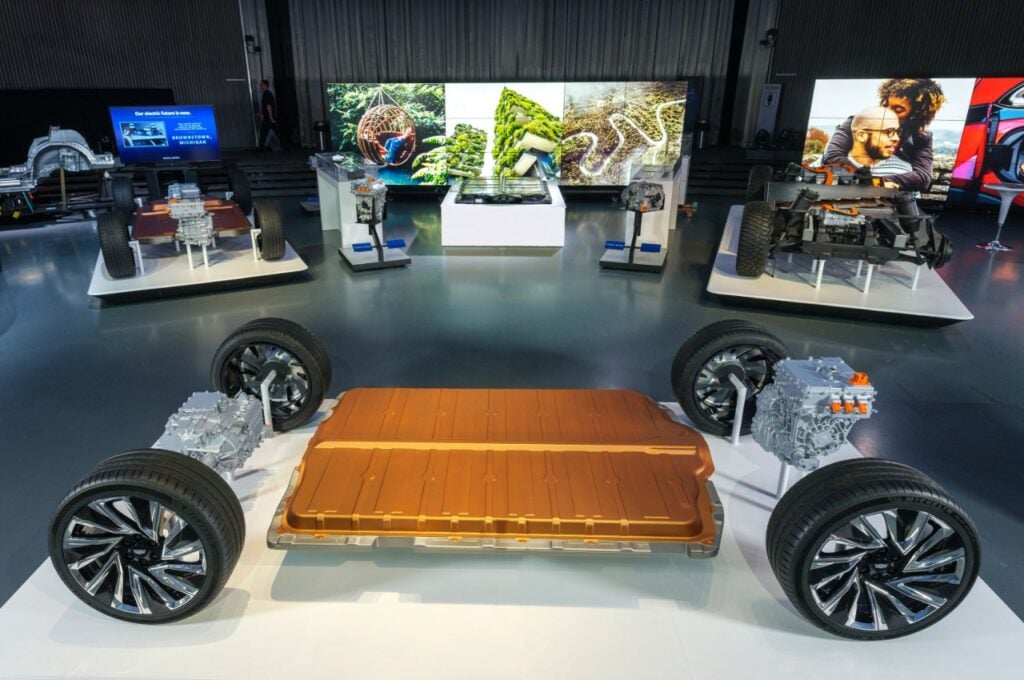
Simply put, EV prices are most likely to go down once they become truly mainstream. The great news is that many analysts agree that we reached that point in 2023. With EV market share climbing to a new record of 8.1% of all new vehicle sales in America in 2023, the EV revolution is happening slowly but surely.
However, theres a big, expensive elephant in the room thats blocking the path to much higher EV adoption: high prices. Lithium prices have dropped quickly in 2023 following a big spike last year. Generous EV tax credits have returned for Tesla models the best selling EVs in the nation. Why arent prices dropping right now? Demand for new EVs remains very high. Dealers sell their electric inventory much faster than ICE models, and are rarely compelled to cut prices.
In order to change that, automakers will need to make more EVs, so that we can finally get some sitting on the lot for more than a few days. That could finally happen later this year with the arrival of many new mainstream electric models.
Thinking of Buying?
Regardless of whether you think an EV might be in your future, CarEdge Car Search is the best way to shop online with more transparent pricing, and auto industry insights dealers dont want you to see. Check it out today!

